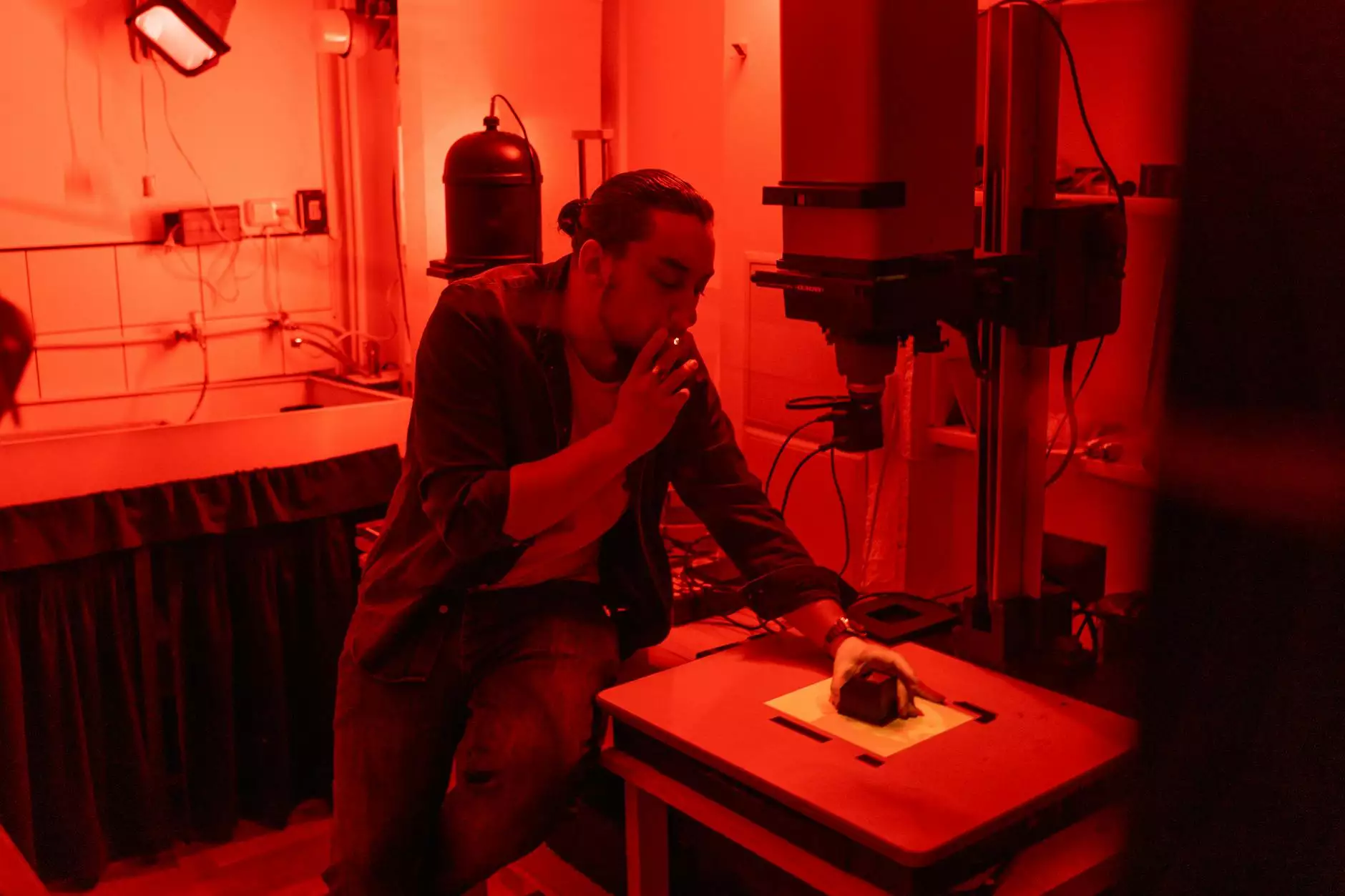Skin Cancer & Skin Cancer Treatment
Skin Care
Understanding Skin Cancer
Skin cancer is a prevalent health concern affecting millions of people worldwide. It occurs when abnormal cells in the skin grow uncontrollably, forming malignant tumors. Skin cancer can have serious consequences if left untreated, making early diagnosis and appropriate treatment crucial.
Types of Skin Cancer
There are several types of skin cancer, each with its own characteristics and treatment approaches. Some of the most common types include:
- Basal Cell Carcinoma (BCC): BCC is the most common type of skin cancer, typically appearing as a pinkish bump or patch that may bleed or develop a crust. It tends to grow slowly and rarely spreads to other parts of the body.
- Squamous Cell Carcinoma (SCC): SCC is the second most common type and often appears as a rough, scaly, or wart-like growth. It can metastasize and spread to other areas if left untreated.
- Melanoma: Melanoma is less common but has the potential to be more aggressive. It typically starts as an unusual mole or a rapidly growing dark spot on the skin. Early detection and treatment of melanoma are crucial to prevent its spread.
Risk Factors for Skin Cancer
While anyone can develop skin cancer, certain factors increase the risk. These include:
- Excessive exposure to ultraviolet (UV) radiation from the sun or tanning beds
- Fair skin that burns easily
- Family history of skin cancer
- Prolonged exposure to certain chemicals or radiation
- Having multiple or atypical moles
- Weak immune system
Skin Cancer Treatment Options
At Smith, Arthur F, MD, we are dedicated to providing the highest quality skin cancer treatment options tailored to each patient's unique needs. Our experienced team of dermatologists and oncologists work closely together to ensure the best possible outcomes. Some of the leading treatment approaches we offer include:
1. Mohs Surgery
Mohs surgery is a precise and effective procedure for removing skin cancer, particularly in areas with complex shapes or where preservation of healthy skin is essential. It involves removing thin layers of cancerous tissue one by one and examining them under a microscope until no cancer cells remain.
2. Excisional Surgery
During excisional surgery, the cancerous tissue is surgically removed along with a margin of healthy skin. This approach is commonly used for basal cell and squamous cell carcinomas with well-defined borders.
3. Radiation Therapy
Radiation therapy uses high-energy rays to kill cancer cells and shrink tumors. It may be recommended as the primary treatment for skin cancer or as an adjuvant therapy after surgery to destroy any remaining cancer cells.
4. Topical Treatments
Topical treatments, such as creams or gels, can be used to treat certain superficial skin cancers, particularly actinic keratoses. These medications work by selectively targeting and destroying cancer cells.
5. Curettage and Electrodesiccation
This procedure involves scraping off the cancerous tissue with a curette and then using an electric current to control bleeding and destroy any remaining cancer cells. It is most appropriate for low-risk skin cancers.
6. Immunotherapy
Immunotherapy helps to boost the body's immune system to recognize and destroy cancer cells. It can be administered topically, injected, or taken orally, depending on the specific treatment plan.
Preventing Skin Cancer
While effective treatments are available, taking preventive measures can significantly reduce the risk of developing skin cancer. Here are some essential preventive strategies:
- Apply sunscreen with a high SPF regularly, especially when spending time outdoors
- Seek shade during peak sun hours and avoid excessive sun exposure
- Wear protective clothing, including hats and sunglasses
- Avoid tanning beds and artificial sources of UV radiation
- Perform regular self-examinations to detect any changes in moles or skin lesions
- Visit a dermatologist annually for a comprehensive skin check-up
Expert Skin Cancer Care with Smith, Arthur F, MD
At Smith, Arthur F, MD, we understand the importance of early detection and personalized treatment when it comes to skin cancer. Our dedicated team of specialists is committed to providing the highest standard of care, utilizing state-of-the-art technology and evidence-based practices. Contact us today to schedule a consultation and take the first step towards optimal skin health.




